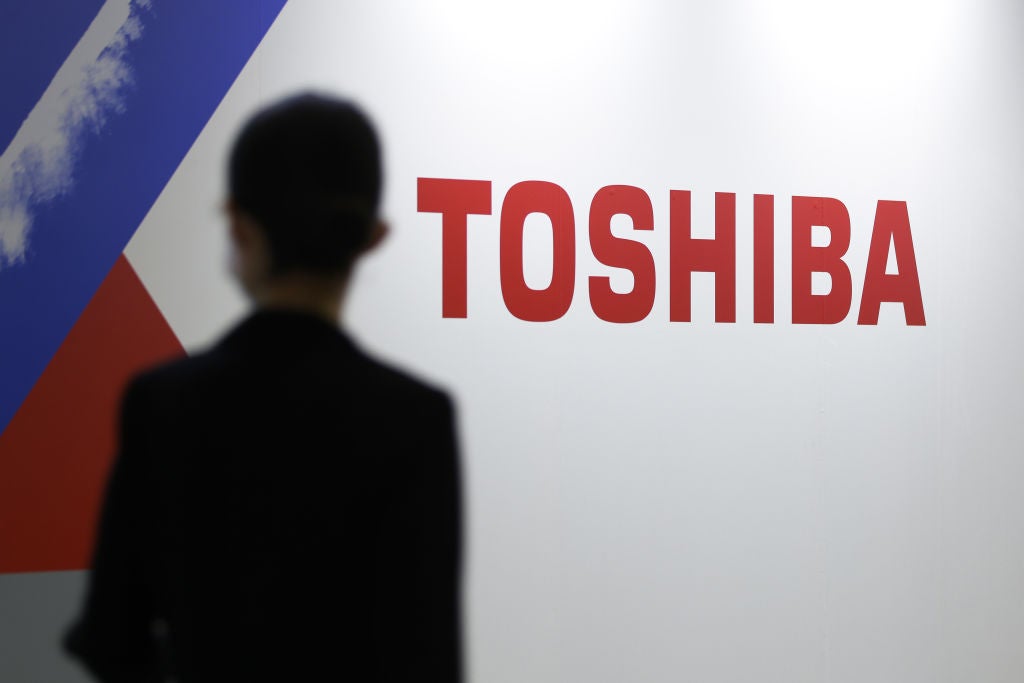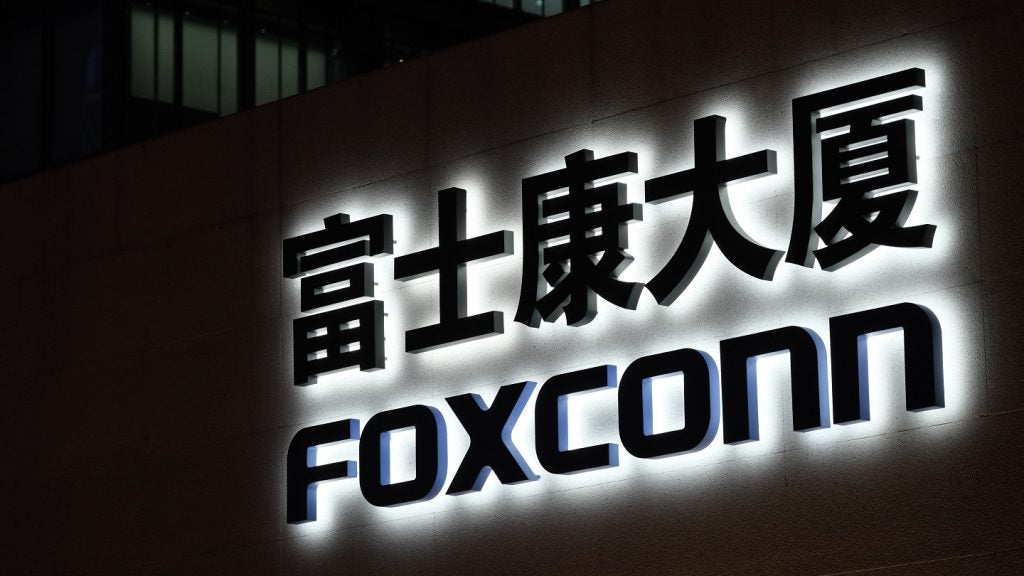
ROHM and Toshiba announced on Friday (8 December) that they would be spending $2.7bn (Y389.41bn) to manufacture power devices together, a key component to boost energy efficiency in electric vehicles (EVs) and factories.
The two Japanese companies will focus on silicon carbide and silicon chips to help meet the demand of smaller and lighter EVs.
The move backs Tokyo’s emphasis on creating a steady infrastructure of semiconductors domestically.
Japan has set aside $902m for Rohm and Toshiba’s collaborative project, covering around a third of the costs, Bloomberg reported.
During a news conference on Friday, Economy Minister Yasutoshi Nishimura said Japan had been pushing for more collaboration between domestic chipmakers.
“It is essential that domestic power semiconductor manufacturers work with one another to improve Japanese industry’s international competitiveness,” Nishimura said.
How well do you really know your competitors?
Access the most comprehensive Company Profiles on the market, powered by GlobalData. Save hours of research. Gain competitive edge.

Thank you!
Your download email will arrive shortly
Not ready to buy yet? Download a free sample
We are confident about the unique quality of our Company Profiles. However, we want you to make the most beneficial decision for your business, so we offer a free sample that you can download by submitting the below form
By GlobalDataThe collaboration between the two companies is the first since Rohm’s participation in a $14bn buyout of Toshiba in March.
Toshiba will be working on boosting the production capacity of silicon power devices, with Lapis semiconductor, an affiliate of Rohm, boosting the production capacity of silicon carbide devices at a separate factory.
The move follows Japan’s decision to designate an extra $13.3bn to bolster domestic semiconductor manufacturing.
Bloomberg reported that $5bn of the budget will support chip production, which could include a second Taiwan Semiconductor Manufacturing facility in Kumamoto. The factory is expected to cost $13bn and will produce 2–12 nanometre logic chips.
The company is also developing a $8.6bn factory on the Japanese island of Kyushu, which is expected to begin selling chips in 2024.







